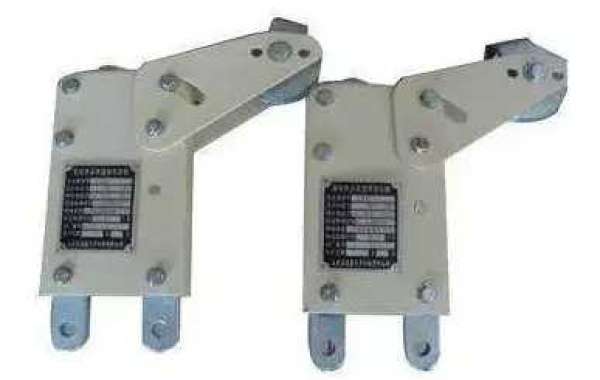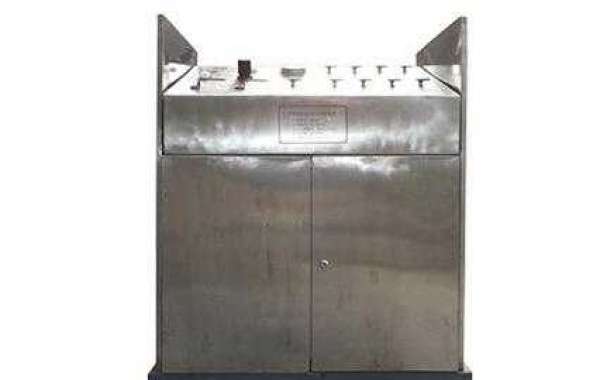Safety Lock Management for Suspended Platforms
The safety lock is one of the most critical safety devices in a suspended platform. It is designed to prevent the platform from falling in the event of a sudden breakage or slackening of the power steel rope.
The safety lock is the last line of defense against a suspended platform fall. When the hoist, steel rope, or other components of the platform malfunction, causing the platform to lose control and fall, the safety lock can quickly lock onto the steel rope to prevent the platform from continuing to fall or tilt, thereby protecting the lives of the workers on the platform. There are two main types of safety locks for suspended platforms: centrifugal trigger type and swing arm anti-tilt type.
The centrifugal trigger safety lock is equipped with a centrifugal trigger mechanism. The main components include a flyweight and a spring. When the falling speed of the platform exceeds a preset value, the centrifugal force generated by the flyweight overcomes the restraining force of the spring, and when it swings outward to a certain extent, it triggers the waiting actuator. The actuator drives the locking rope mechanism to lock the lock block onto the safety steel rope, thereby locking the platform and preventing it from continuing to fall or tilt.
The swing arm anti-tilt safety lock is equipped with a lock rope angle detection mechanism that can detect the tilt of the platform or the breakage or slackening of the working rope. When these conditions are detected, the lock rope angle detection mechanism changes, driving the actuator to actuate the locking rope mechanism.














